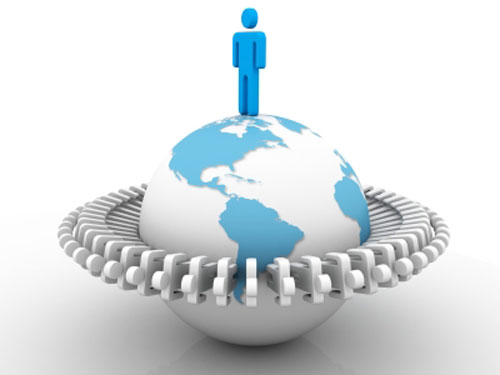Offshoring can help manufacturers cut costs and get their products to patients in emerging economies around the world. But it's not the right move in every instance.
August 1, 2014

Offshoring can help manufacturers cut costs and get their products to patients in emerging economies around the world. But it's not the right move in every instance.
Get more advice on best practices for medtechoutsourcing at MD&M Minneapolis, October 29 & 30, 2014. |
In general, says Julia Wall, an analyst with Decision Research Group, medical devices of moderate complexity are best suited for outsourcing to offshore entities.
“If you look at FDA’s classification of devices, Class I, II, and III, the devices in the middle range would be best [to offshore production of] because they’re not so simple that leveraging an outsourcing parter is a waste of resources and complicates your processes. However, devices that are highly complex (Class III) might make more sense to keep in house so that manufacturers are able to closely monitor quality control during manufacturing.”
She says it’s also vital to take into account the physical aspects of the device. “Is the device able to be shipped easily? Is it fairly lightweight? All of those attributes are important to consider,” Wall says.
OEMs should also make an honest assessment of their own capabilities.
“You have to consider the existing competencies of the brand owner,” Wall says. “Sometimes when a manufacturing process or device component is further away from the core competencies of the primary manufacturers, using the skills of your offshoring partner is really useful because you don’t have to invest in all the capital equipment and advanced training required to produce that kind of part.”
Get more advice on best practices for medtechoutsourcing at MD&M Minneapolis, October 29 & 30, 2014. |
—Jamie Hartford, managing editor, MD+DI
[email protected]
[image courtesy of SHEILAMOHAN/FREEDIGTALPHOTOS.NET]
You May Also Like


